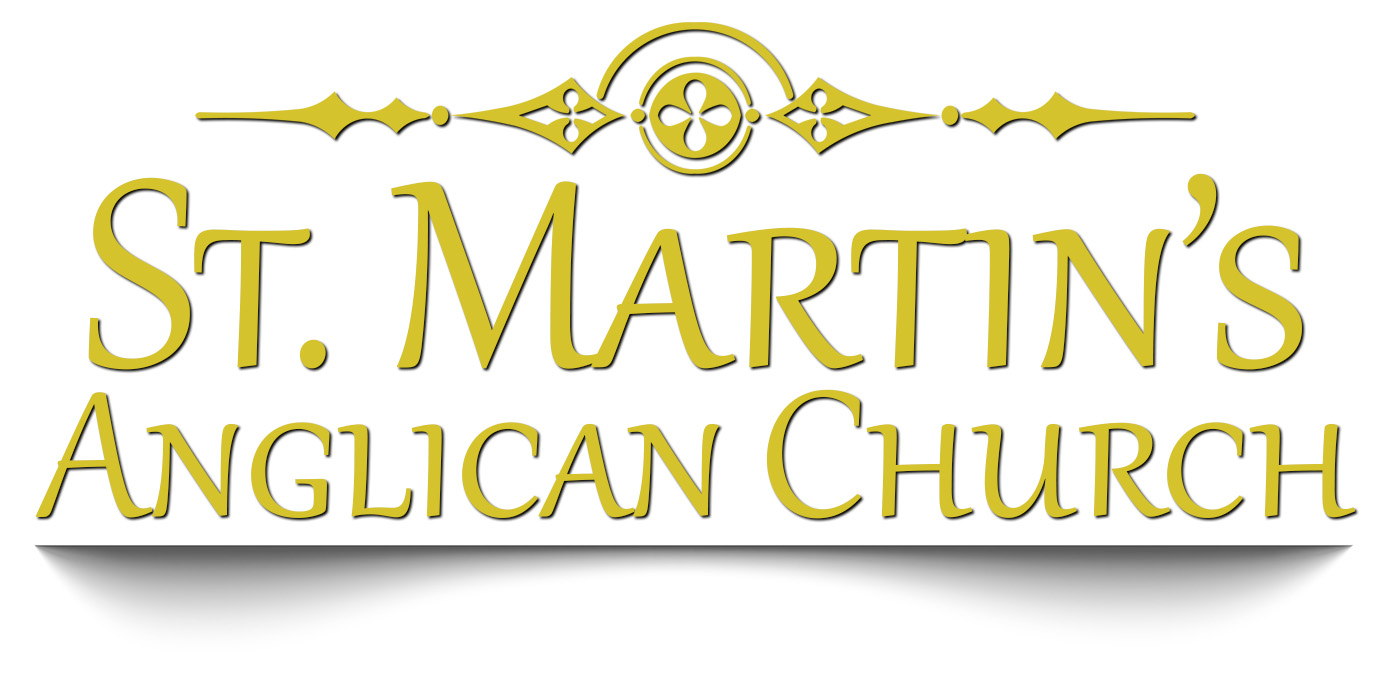St. Martin’s Anglican Church: A Traditional Anglican Church
Our Mission – At St. Martin’s Anglican Church in Ocala, FL, our mission and core beliefs include:
- Teaching the scriptures and Christian values
- Maintaining our unchanging faith and morals
- Worshiping in the historic Anglican tradition
- Maintaining the Apostolic succession
- Welcoming all to our congregation
Book of Common Prayer
In worship, we use the Book of Common Prayer in its 1928 American edition. This edition contains prayers and affirmations of faith dating to the beginning of Christianity, as well as the traditional Anglican/Episcopal liturgy. This liturgy has been in continuous use since it was first published in 1549.
When we gather together in services of worship, our “common prayers” are liturgical, that is, they are structured. Only in this way can we truly share our worship of God. Our liturgical worship involves the whole person, body, mind, and spirit. We are active participants rather than just listeners. Worship to us is not “show business.” It goes from us to God rather than from a preacher to us. We come to church to give God the praise and worship which, as His creatures, we owe Him; not to get something for ourselves.
The Holy Eucharist
The center of our worship is the Holy Eucharist. Other traditional names for this service are: the Holy Communion, the Mass, the Lord’s Supper, and the Divine Liturgy. It is the service specifically commanded by Jesus in the New Testament.
The Eucharist joins our offering of worship to Christ’s offering of Himself upon the altar of the cross. As He promised (Matthew 26; Mark 14; Luke 22; John 6; I Corinthians 11) Jesus is truly, spiritually present under the outward forms of the consecrated Bread and Wine, to infuse our lives with the spiritual strength of His life.
Receiving Holy Communion
By receiving Holy Communion, we give our Solemn Assent, our “Amen,” to the entire Anglican Eucharistic Service. We express our belief that the Eucharist is a spiritual sacrifice which must be administered by a bishop or a priest whose ministry derives in succession from the Apostles themselves. We express also our faith in Christ’s Real Presence in the Eucharist. Because of the seriousness of these affirmations, we do not presume to invite those who in good faith cannot yet accept these beliefs to compromise their conscience by receiving Holy Communion at our Altar. It is for these reasons that we are not an “open Communion” Church.
Preparation for Holy Communion generally takes the form of private prayers. In many Anglican parishes, those physically able to do so refrain from eating ordinary food prior to morning Communion, or for three hours prior to an evening Communion.
Receiving Holy Communion
The Daily Offices of Morning and Evening Prayer are prayer services derived in many ways from the Synagogue worship of the Old Testament. They consist of readings from the Psalms, other Bible readings, canticles (songs), and prayers. They are provided in the Book of Common Prayer in a manner which makes their discipline of prayer, psalmody, and Holy Scripture the daily spiritual diet of the Church, clergy and lay folk alike.
Below you will find links to some key resources which help explain and define the rich traditional, theological, and practical elements of the Anglican Life.
- The Book of Common Prayer (1928) – This book of worship and prayer is the heart of Anglicanism. A serious inquiry starts here.
- The Thirty-nine Articles of Religion – Though these are not a Confession (such as the Westminster, Heidelberg, or even the Catechism of the Catholic Church), they provide significant insight into our Anglican faith.
- The Catechism – Catechism is a teaching tool which presents key aspects of the faith through a series of questions and answers. Our Catechism is included in the Book of Common Prayer. The answers of the Catechism are expanded and explained in the Prayer Book.
- What is an Anglican, by Conciliar Anglican
